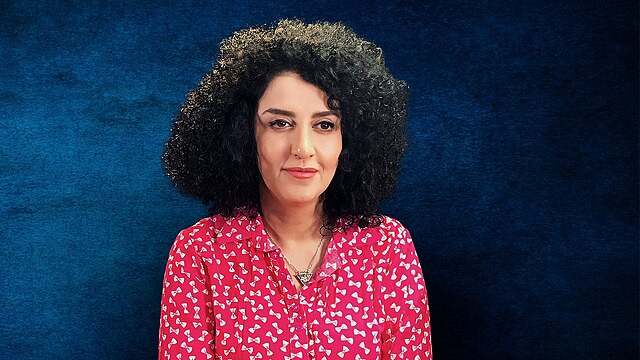Iranian authorities have granted Nobel Peace Prize laureate and prominent human rights activist Narges Mohammadi a 21-day suspension of her prison sentence for medical reasons, prompting mixed reactions from her supporters and international observers. Mohammadi, who has been imprisoned since 2021, was allowed to leave Tehran's Evin prison to recover from surgery for a suspected cancerous lesion on her leg.
The decision comes after months of advocacy and growing global attention to Mohammadi's deteriorating health, amplified by her receipt of the 2023 Nobel Peace Prize for her relentless fight against the oppression of women and her promotion of human rights in Iran. Despite her temporary release, her family and supporters have labeled the gesture as insufficient.
"A 21-day suspension of Narges Mohammadi's sentence is inadequate," her family said in a statement, calling for her immediate and unconditional release or, at the very least, a three-month medical furlough. They described the current measure as "too little, too late" given her pressing health concerns, which include arthritis, heart disease, and the need for further diagnostic tests.
Mohammadi's lawyer, Mostafa Nili, announced her release on X, stating that it followed the recommendation of her examining doctor. She left prison on Wednesday morning, chanting the slogan "Woman, Life, Freedom," a rallying cry for the protest movement in Iran. Her husband, Taghi Rahmani, confirmed she was in good spirits despite her fragile health, describing her as "combative."
The Nobel Committee, which awarded Mohammadi the Peace Prize in October, reiterated calls for her permanent release. Jorgen Watne Frydnes, head of the committee, stated, "We demand, as we have done before, that she is not only released from prison for 21 days for medical treatment but released forever."
Mohammadi has long been a target of Iranian authorities for her activism. She is serving sentences totaling over 30 years for charges that include spreading propaganda against the state and acting against national security. Her advocacy against the mandatory hijab and capital punishment has made her a leading figure in Iran's Woman, Life, Freedom movement.
The activist has endured harsh conditions during her imprisonment. Her family previously accused the Iranian government of attempting to orchestrate her "slow death" by delaying necessary medical treatment. In November, she underwent surgery to remove a lesion on her leg, but supporters argue that she requires at least three months to recover adequately.
The Narges Foundation, run by her family, emphasized that the current release is a suspension, not a medical furlough. This means she will be required to serve an additional 30 days upon her return to prison. The foundation decried the ongoing "inhumane treatment" Mohammadi has faced, highlighting her experiences of excruciating pain and neglect.




